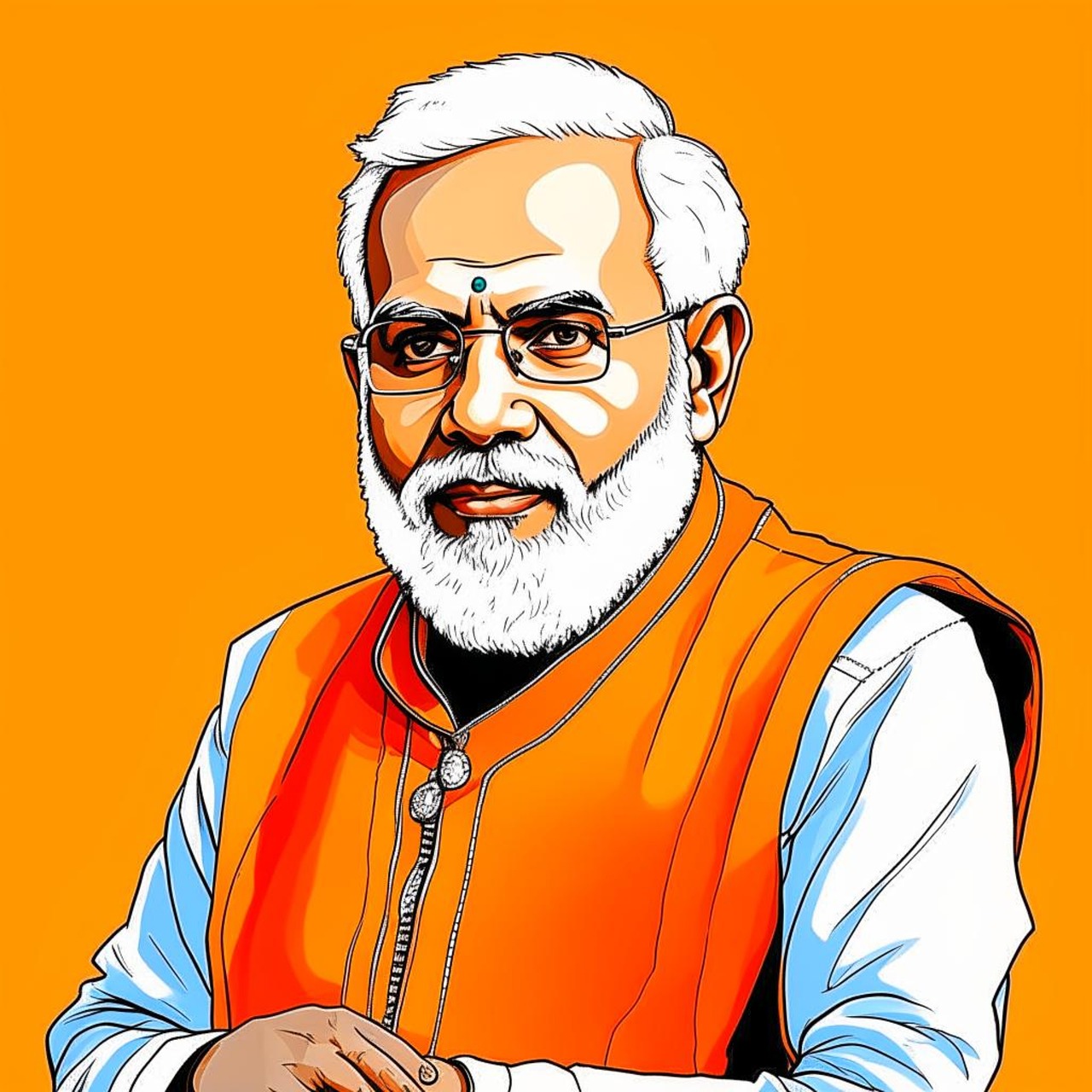India’s journey in innovation, often shaped by a history of following rather than leading, is undergoing a transformative shift under the leadership of Prime Minister Narendra Modi. Modi 1.0 and 2.0 laid the foundation with initiatives like Digital India and Smart Cities, fostering a vibrant startup ecosystem. Now, as Modi 3.0 approaches, a new vision emerges – Effective Accelerationism, or e/acc.
Effective Accelerationism is more than just embracing technology; it’s recognizing that technology can revolutionize every aspect of life. The goal is to leverage the forces of AI, renewable energy, and automation to propel India into a future marked by technical conveniences, social equity, and environmental sustainability. While the West grapples with regulations, India stands ready to champion e/acc and become a global leader in this technological awakening.
Modi 3.0 is poised to make bold moves:
Fueling the Innovation Engine:
Doubling down on the commitment to fund innovation is crucial. This means significantly increasing per-project funding with a ‘go big or go home’ attitude, supported by streamlined regulations. Imagine a substantial increase in resources driving AI breakthroughs, revolutionizing healthcare through personalized telemedicine, and transforming education with adaptive learning systems in every language. This is the transformative power of e/acc-driven investment.
AI for All, Not the Elite Few:
Access to AI should not be a privilege; it must be a force for good available to everyone. Modi 3.0 must actively work towards integrating AI solutions across various government services, ensuring that national computation resources are accessible to all. Envision a future where the Ayushman Bharat Digital Mission provides AI-powered accessible healthcare to every citizen, or where anyone aspiring to develop an AI service can do so without computational barriers. This is the true democratization of e/acc.
Embracing Openness and Collaboration:
The heart of innovation lies in the free exchange of ideas and knowledge. Modi 3.0 should strongly advocate for open-source tools and commit to never obstructing the development and use of such resources. Additionally, easing restrictions on copyrighted materials for AI development is crucial. Reevaluating patent laws can unlock collaborative possibilities, bringing researchers and entrepreneurs together to build the future. Open innovation fuels e/acc.
Navigating the Evolving Job Landscape:
Automation is inevitable, but its impact need not be devastating. Modi 3.0 must proactively prepare for the future of work. Scaling up Universal Basic Income (UBI) programs and significantly increasing investment in sectors like advanced manufacturing and deep tech can create new opportunities that absorb displaced workers. This is the responsible approach to smoothly transition into the e/acc-driven workforce transformation.
Steering with an Ethical Compass:
While e/acc offers immense potential, it comes with challenges like deepfakes and misinformation. Instead of slamming the brakes, Modi 3.0 should navigate these issues by developing ethical frameworks for responsible AI development. This ethical compass will guide e/acc responsibly.
The possibilities of e/acc for India are exciting. Imagine “smart farms” optimizing yields with AI-powered sensors, autonomous AI doctors enabling basic healthcare for all, or personalized AI teachers educating every child. These are not futuristic fantasies; they are tangible outcomes achievable by embracing e/acc with ambition and wisdom.
Modi 3.0 has a unique opportunity to lead not only India but the world into a new technological revolution. By channeling the spirit of e/acc with purpose, India can leapfrog into a future, leaving the shadow of its colonial past. This is India’s moment to claim its rightful place as a global leader in innovation, powered by the e/acc revolution.



